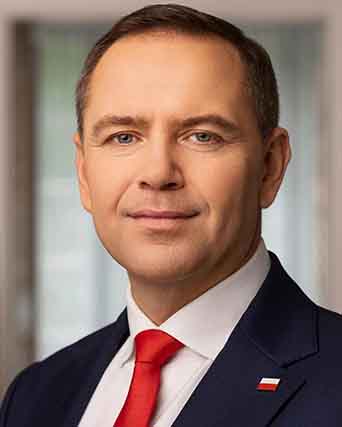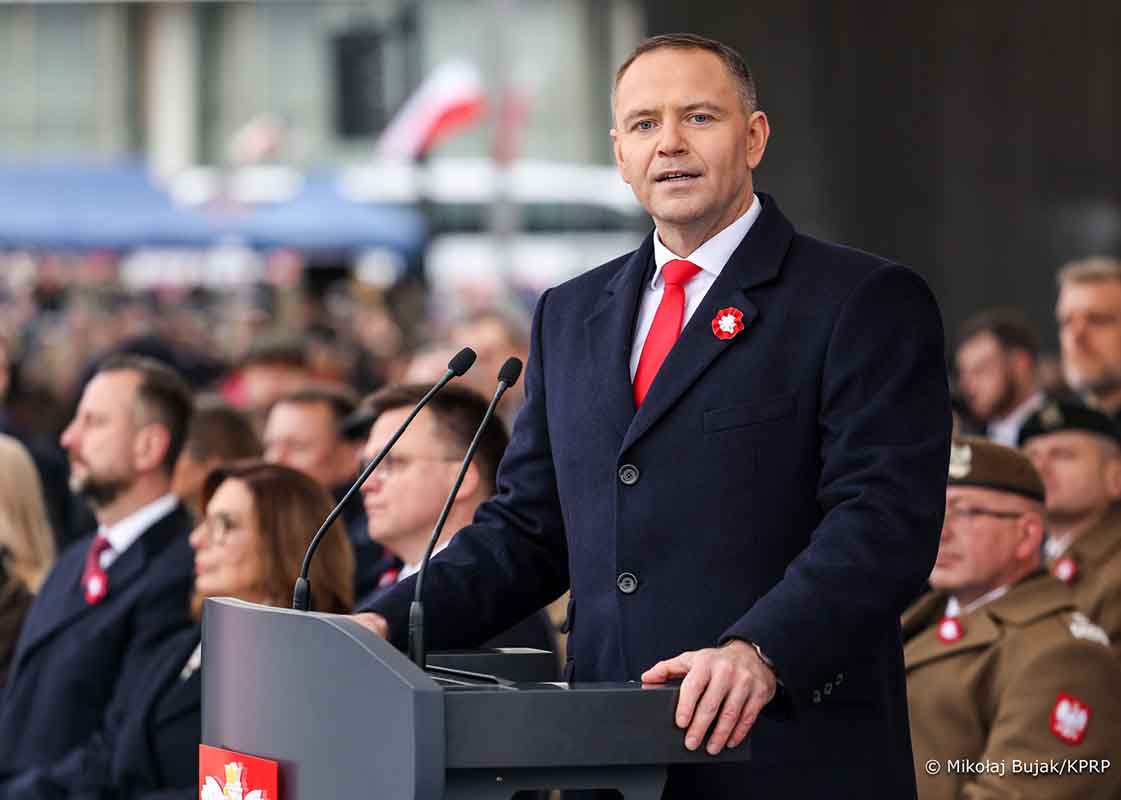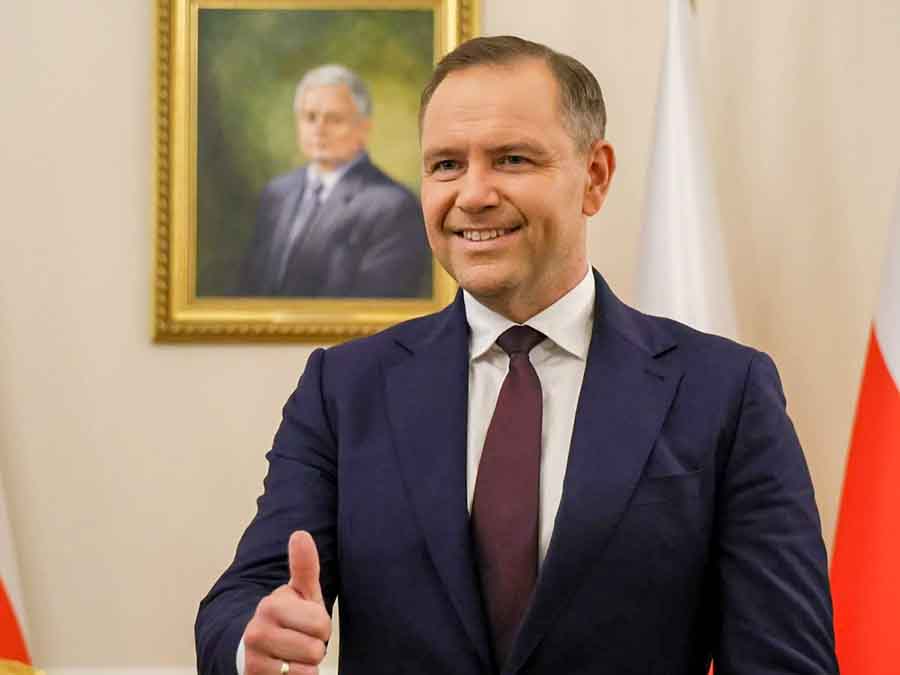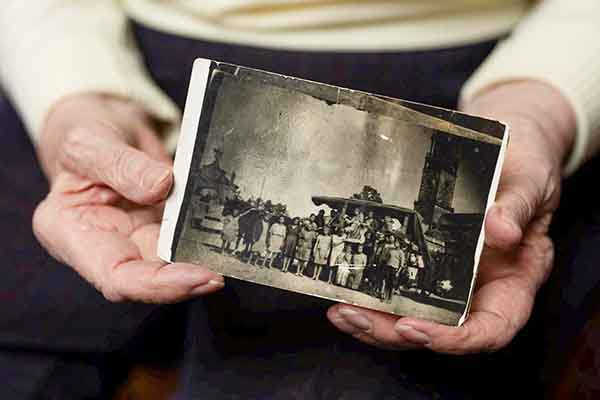"We are free," the "Kurier Warszawski" joyfully announced. It was November 12, 1918. The day before, in distant Compiègne, the French and British had signed an armistice with a German delegation, ending the bloody fighting of World War I. At that moment, there were still tens of thousands of German soldiers and armed officials in Warsaw. However, they no longer had any desire to fight—on the contrary, they readily surrendered their weapons even to students and high schoolers.
"Terrified by the revolution that had erupted with spontaneous force in Berlin and throughout Germany, and surprised especially by the abdication of the Emperor and the German princes, they lost their heads." – noted Archbishop Aleksander Kakowski, an eyewitness to these events. – "In such circumstances, the disarmament of the Germans was successful. The entire country followed Warsaw's example."
In Lublin, previously occupied by the Austrians, twenty-year-old Jadwiga Orłowska observed similar scenes: "All military warehouses are in Polish hands. Poles are driving cars. […] children, boys aged 10-15, have occupied government buildings and warehouses. Both the railways and the post office are now in our hands. […] Our army, the Polish army, is marching through the streets of the city again." For Orłowska, it was a joyful time: "For the first time, I felt what it means to work for myself..."
In those November days, anyone who could see beyond the tip of their nose was completely absorbed in politics. "Science is now being pushed into the corner, and it's laughable who buries their head in it, as if it were a pillow," wrote the eminent Kraków historian Władysław Konopczyński on the spur of the moment. There was no shortage of concern and fear, but the enthusiasm was palpable. "Finally, we are masters in our own country," emphasized the aforementioned "Kurier Warszawski." "Finally, after a hundred and twenty-something years, the hour has come when there is no longer any foreign invasion."
Long March to Freedom
Several generations of Poles had waited with hope for this hour – never reconciled to the fact that, at the end of the 18th century, their country had vanished from the maps of Europe, unable to resist three aggressive empires: Russia, Prussia, and Austria. In the autumn of 1918, the geopolitical situation was finally favorable – with Russia embroiled in civil war, Germany on the brink of revolution, and Austria-Hungary crumbling. However, there would have been no chance of lasting freedom if not for the embryonic Polish army formed during World War I, effective diplomatic lobbying in Paris and Washington, and, before that, the long-standing efforts of the Catholic Church, numerous artists, and a host of social activists to ensure that the spirit of patriotism did not fade, despite the Russification and Germanization efforts of the partitioning powers.
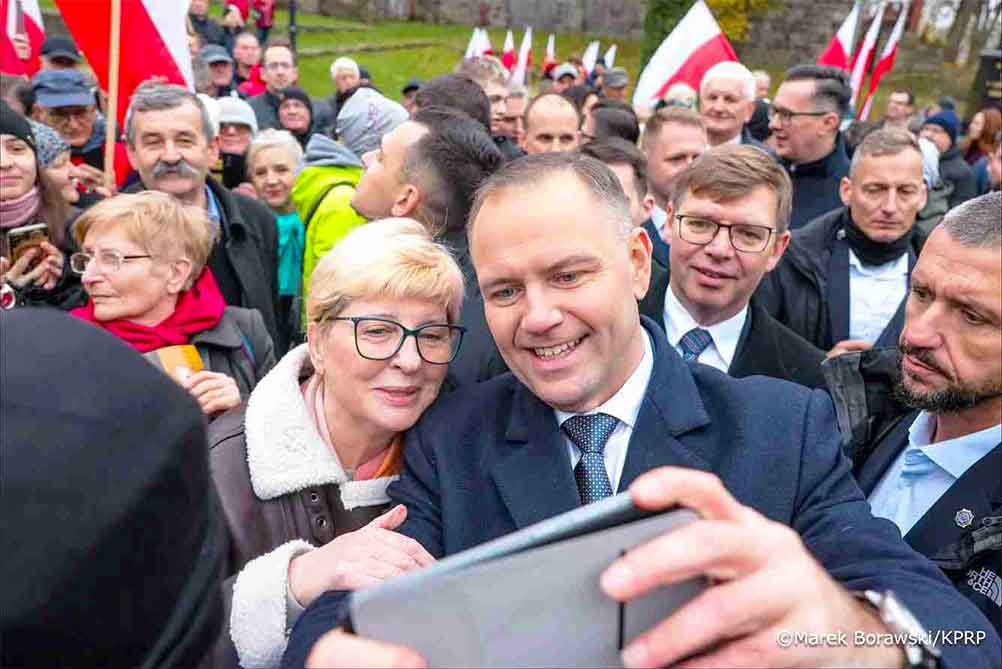
President Karol Nawrocki (Source: president.pl)
In November 1918, it was far from clear what territorial shape Poland would regain, or whether its independence would prove lasting. We had to fight the Germans for our western borders in four armed uprisings: the Greater Poland Uprising and three Silesian Uprisings. The greatest threat, however, came from the east. It was the Red Army, bringing death, destruction, and civilizational decline on its bayonets. Contrary to their own slogans about the right of nations to self-determination, in the early 1920s the Bolsheviks destroyed the independent states of the Azerbaijanis, Georgians, Armenians, and Ukrainians. They sought to inflict a similar fate on the Poles.
The Battle of Warsaw proved pivotal – also for the history of Europe. It was then, in August 1920, that the Polish Army effectively halted the advance of the bloody Red Revolution for almost twenty years. The victory over Russia by the young state, which had only just emerged from triple subjugation and whose lands had been severely devastated by World War I, remains underappreciated abroad to this day. This triumph would not have been possible without the massive social mobilization and wisdom of all the major political forces, which – though deeply at odds – were able to play to a single goal in moments of danger.
In 1939, heroic defense was no longer enough when Poland fell victim to a double assault – first by Nazi Germany, and a dozen or so days later by the Soviet Union. A time of terror ensued, which for my compatriots did not end with the fall of the Nazi Reich. After World War II, Poland was theoretically reborn as an independent state, but for decades it found itself in Moscow's sphere of influence. The communists brutally suppressed all attempts at resistance. Only the peaceful revolution of "Solidarity" in the 1980s brought us renewed freedom.
Independence obliges
I come from a generation that grew up at the turning point of two eras: dying communism and parliamentary democracy. I know how much we owe to previous generations. As a historian and social activist, I have always placed great importance on honoring the heroes of our freedom: the men of Solidarity, the soldiers of World War II, and the post-war independence underground, as well as all those who, over a hundred years ago, fought for and defended Poland's independent statehood.
Celebrated on November 11th, National Independence Day, established to commemorate the events of 1918, is one of the most important days in the Polish calendar. The Independence March, held in Warsaw and attracting a wide range of patriotic groups demonstrating their devotion to the white-and-red national flag, has become a proud tradition. In recent years, while serving my country as president of the Institute of National Remembrance, I also participated in the central ceremonies on November 11th, attended by the highest state authorities and the diplomatic corps. This year, I will participate in the celebrations for the first time as President of the Republic of Poland.
Independence is a huge responsibility – and this is perhaps even more evident today than just a few years ago. War, thanks to the Russian Federation's attack on Ukraine, is once again very close to our borders. We need an even stronger army and consensus on fundamental security issues – both in Poland and within NATO. While we are committed to Europe, we must also ensure we remain true to ourselves, and thus not lose our Polish identity and sovereignty. A country of nearly 40 million people cannot be merely a production base for larger economies. We must think aspirationally and be capable of great things.
For ourselves and future generations. For Poland.
Translation from Polish by Andrew Wozniewicz.



